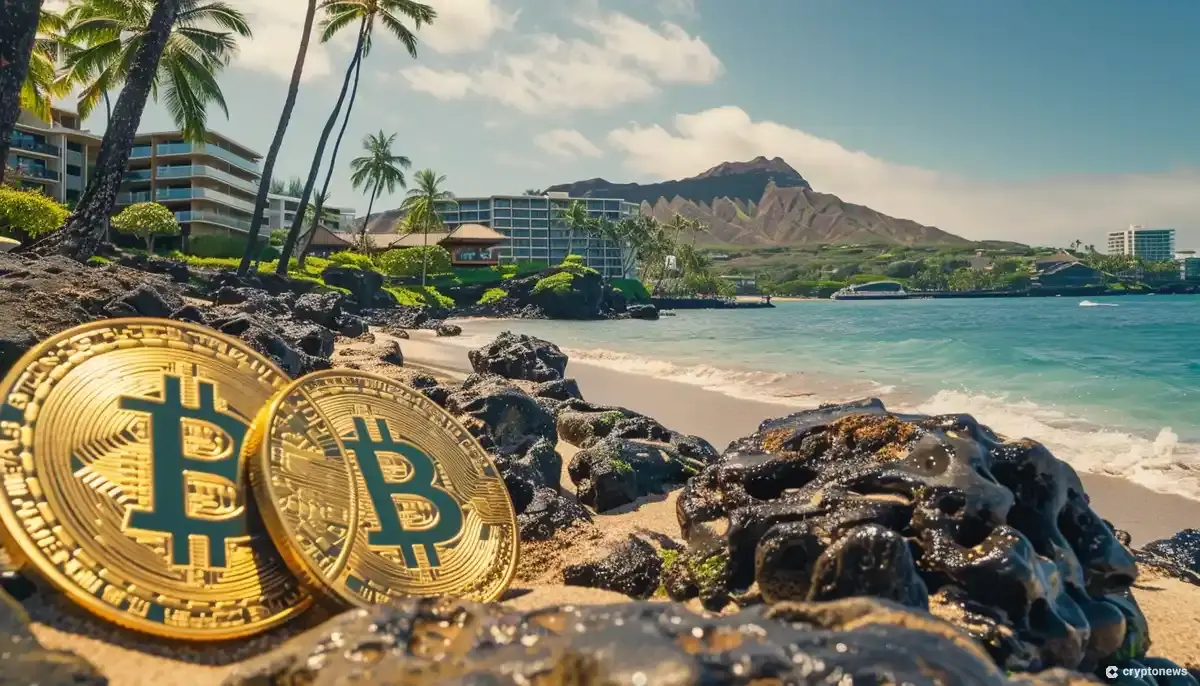Cryptocurrency firms in Hawaii no longer need a Money Transmitter License (MTL) to operate within the state, following a decision by the Hawaii Department of Commerce and Consumer Affairs (DCCA). The change comes after the conclusion of the Digital Currency Innovation Lab (DCIL) project on June 30, which was initiated in 2020 to assess the digital currency landscape and regulatory needs.
As per an official statement released on June 28, digital currency companies can now conduct business without a Hawaii-issued MTL. However, they are still required to comply with federal licensing or registration requirements set by bodies such as the Financial Crimes Enforcement Network (FinCEN), Securities and Exchange Commission (SEC), and Financial Industry Regulatory Authority (FINRA).
Compliance responsibilities include adhering to federal regulations on consumer protection, Anti-Money Laundering measures, and other relevant mandates. The statement also highlighted that state money transmitter licensing laws are integral to the broader federal framework aimed at ensuring the safety and integrity of payment systems across 48 states.

source: Dilendorf Law Firm
While exempt from Hawaii’s MTL requirement, crypto firms continue to face substantial regulatory requirements nationwide, which can vary significantly among states. This regulatory landscape necessitates significant investments in compliance resources, including permissible investments, minimum net worth, business plans, and compliance programs.
Moving forward, the DCCA aims to increase public awareness regarding the risks associated with cryptocurrencies. Iris Ikeda, DCIL banking commissioner, stressed the importance of educating consumers about digital currency risks and cautioned against emerging criminal schemes targeting cryptocurrency users.
